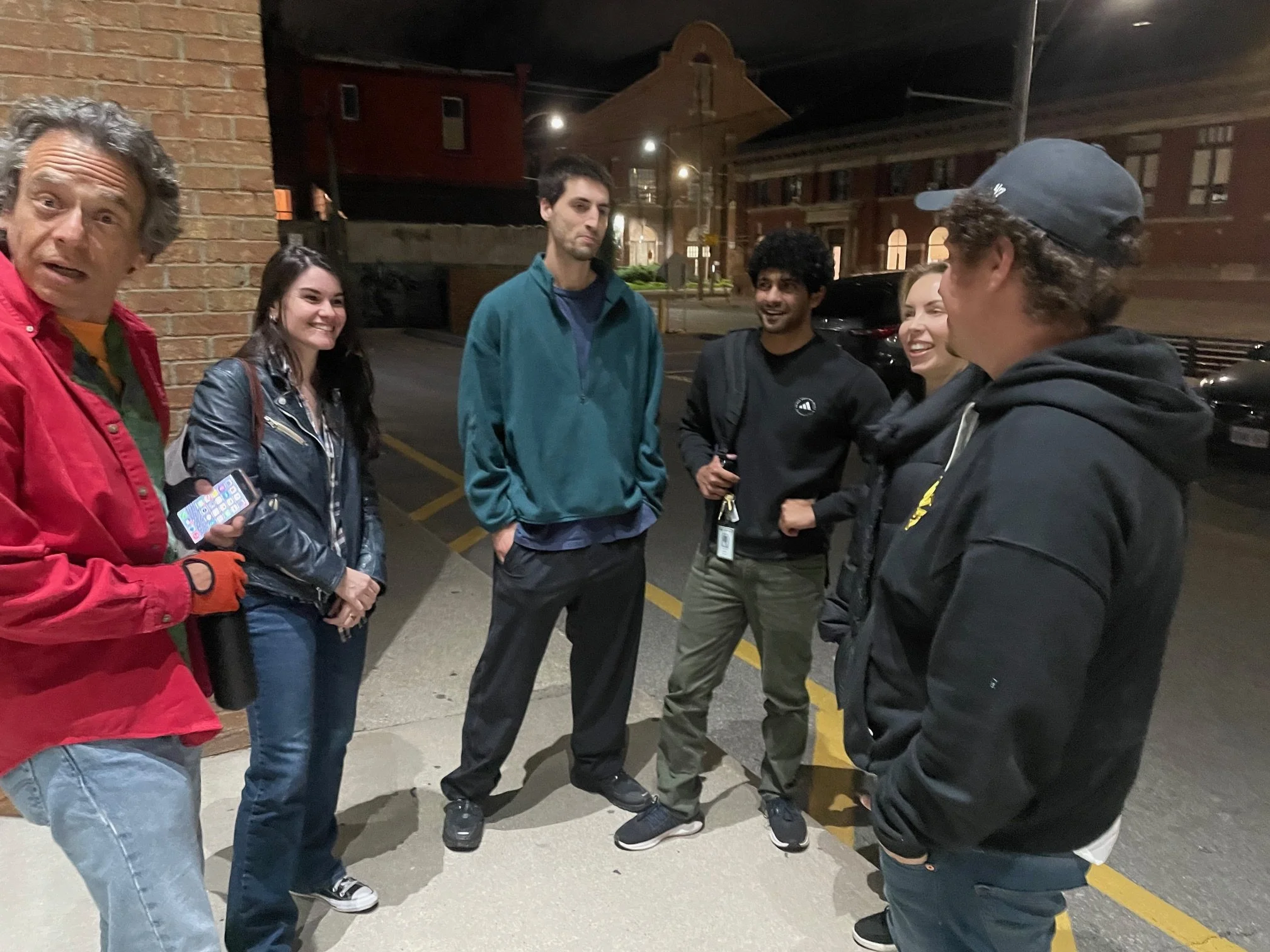James Baldwin
/James Baldwin was an acclaimed writer and political activist who participated in the movement for African American rights, fought against the war in Vietnam and spoke out against the persecution of homosexuals.
Born on August 2, 1924 in Harlem, New York, he was a writer who gave the world countless essays, short stories, novels, plays, and poems during his 63 years.
On September 15, 1963, in Birmingham, Alabama a bomb was thrown into a church killing 4 children and later police shot 2 other youths protesting the bombing.
At a meeting marking this event Baldwin said, “One has to overhaul the system. Since the McCarthy era…anyone mentioned economics was promptly given a ticket to Moscow. I think it is beneath me to say I am not a communist. I think it is beneath the nation, and very dangerous for the nation, to raise this peculiar red herring the moment one begins to deal with things as they are.”
In 1965, the University of Cambridge hosted what is now a famous debate between William Buckley Jr., founder of the conservative National Review, and James Baldwin.
Black fathers have no authority over their sons, Baldwin said, because a Black boy's "father has no power in the world." At the time of the debate many African Americans did not have the vote.
He added further, “I am stating very seriously, and this is not an overstatement, I picked the cotton, and I carried it to market, and I built the railroads, under someone else’s whip, for nothing. For nothing.”
When the Baldwin/Buckley debate was over, the audience voted and Baldwin won, 544 to 164. You can view this much watched Youtube video by clicking https://www.youtube.com/watch?v=oFeoS41xe7w
Some of his books include: The Fire Next Time, Go Tell It on the Mountain, Tell Me How Long the Train's Been Gone and Another Country.
The Evidence of Things Not Seen, a book-length essay of his, covers the Atlanta murders of 1979 - 1981, often called the Atlanta Child Murders where 28 black children were murdered.
He was especially known for his essays. The Fire Next Time was the first essay in history to spend forty-one weeks among the top five of the N.Y. Times' Bestseller List and won the George Polk Memorial Award. Notes of a Native Son, Nobody Knows My Name and The Fire Next Time are all books of essays that he wrote.
Giovanni’s Room, which is widely considered essential reading in the LGBTQ community, was a finalist for the National Book Awards' fiction category in 1957.
Baldwin was awarded a Guggenheim Fellowship, the Eugene F. Saxton Memorial Trust Award, The Foreign Drama Critics Award, and multiple other fellowships. The French Government made him a Commander of the Legion of Honor in 1986.
He was an active participant in the movement for civil rights and in January,1963 started a lecture tour on behalf of the Congress of Racial Equality. Baldwin lectured in halls and churches throughout the Southern United States.
On this tour, in New Orleans, before a mostly White audience, he said, “There is no reason whatever for Negroes to want to enter white society” because “I wasn’t bought at auction…and you still treat me as if I had been.”
Baldwin was in London when he heard the news of the assassination of Malcolm X. He responded with indignation towards the reporters interviewing him, shouting, "You did it! It is because of you - the men that created this white supremacy - that this man is dead.”
In 1978, speaking of Phillip Hayes Dean's play Paul Robeson and one of 50 black artists, scholars and politicians who signed a petition denouncing the play’s characterization of Robeson, Baldwin scolded that it presented Robeson as a "chocolate John Wayne ... moving, charming, noble, innocent and above all, irrelevant."
Baldwin’s last work was a memoir titled Remember This House about his relationship with three of his close friends – the civil rights activists Martin Luther King, Malcolm X and Medgar Evers – all killed by state violence. Raul Peck edited and published I Am Not Your Negro based on Baldwin’s unfinished work. Peck also directed the 2017 Oscar-nominated documentary film of the same name narrated by Samuel L. Jackson.
Baldwin passed away on November 30, 1987 and was buried at the Ferncliff Cemetery in New York City.
Baldwin once said, “We are not begging for our freedom. It is up to us to take it.”








